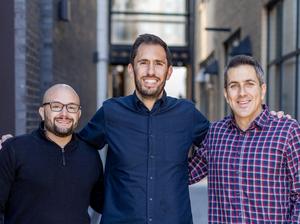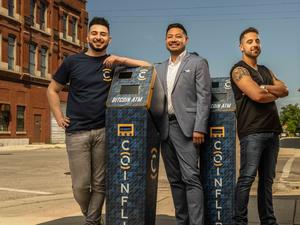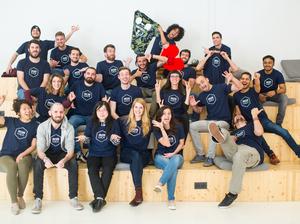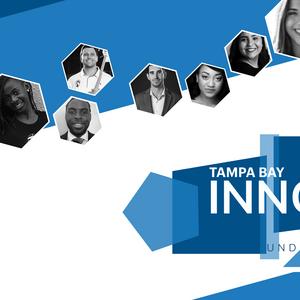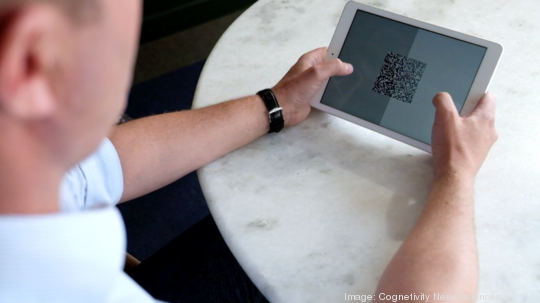
Geriatric-focused Dr. Kimberley Evans has long given patients simple “pen and paper” tests to gauge their potential diagnosis of dementia, Alzheimer’s and other memory loss.
Often, they were given to an 80-year-old patient who had been experiencing memory loss for over a decade. The straightforward test confirmed what family members had feared: their loved one had dementia.
“It’s been a source of frustration because I haven’t had a great option for them besides, ‘Come back, and we’ll check it again in a year,’” she said. “But I was never satisfied with that.”
When Evans saw London-based Cognetivity Neurosciences offering a technology that was just as simple as her pen and paper tests but more accurate, she knew she had to bring it stateside.
She is now one of the few in the region using the “CognICA” system, which stands for Integrated Cognitive Assessment. It leverages artificial intelligence technology, showing patients a flash of an animal or another item. They are then told to alert the system whenever an animal appears on screen.
“The technology is so unique; it doesn’t require a certain level of education, and the scores will adjust to the level of education, age, how well you’re responding,” Evans said. “It’s not the old one-size-fits-all test that the primary doctors can do in their office.”
Evans’ practice is relatively small, she said, where she sees roughly 60 patients a week, but about 30 have already used the new testing system in the last month.
“If you can identify a problem earlier on with this technology, they’re able to do that,” she said. “It allows physicians to have a tool that will allow patients to know where they stand. That raises a level of awareness, lets them know where they stand, and it allows them to intervene and make changes.”
It could be further expanded to identify Parkinson’s disease, traumatic brain injuries and learning disorders.
“It’s a game changer, in my opinion,” she said.
The AI testing is the latest in a growing effort in Tampa Bay to treat or prevent dementia and Alzheimer’s. The University of South Florida has received millions in national grants to study the disease, including creating a blood test to detect the disease.
